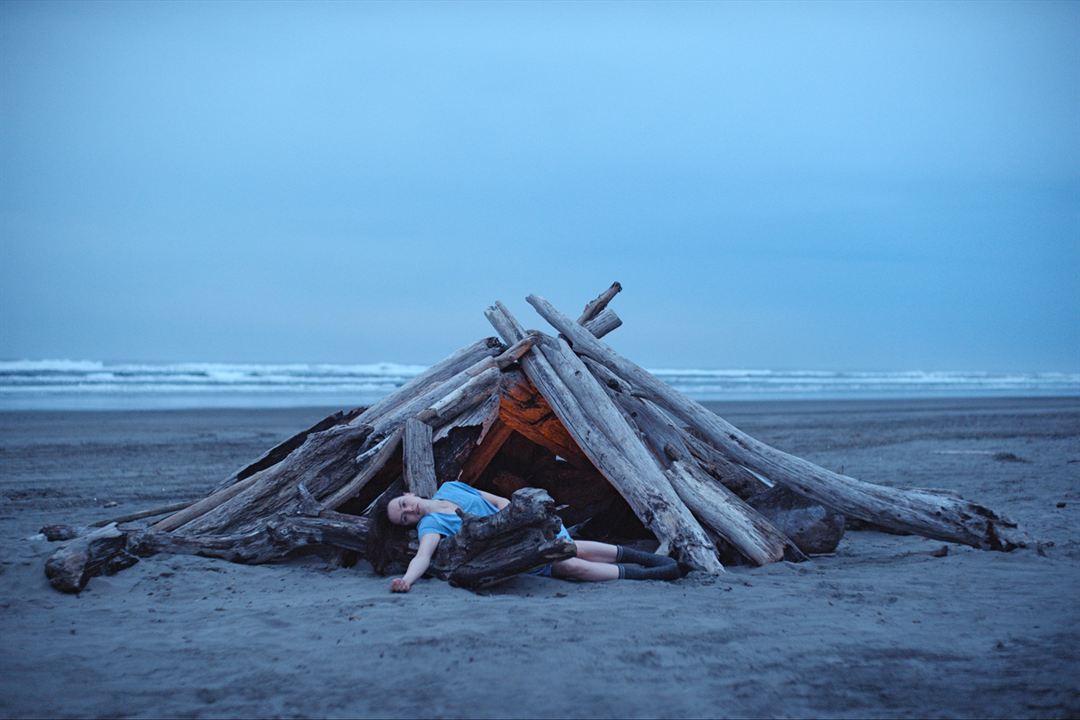Venturing far beyond the customary confines of genre, Rachel Lambert’s film, Sometimes I Think About Dying (2023), embarks on a distinctive exploration of the human condition. Eschewing the light-hearted rhythms often found in romantic comedies, Lambert’s work presents itself as an introspective drama of considerable depth. Here, humour is not employed for mere diversion but acts as a reflective surface, casting light on the unsettling aspects of adulthood ensconced in the corporate milieu. With an elegance that is both intimate and disconcerting, the film navigates the complexities of existence, offering an unflinching gaze at the truths we often shy away from.
The Ennui of Office Life

In the quiet corners of a small office, amidst the drudgery of spreadsheet after spreadsheet, Fran (Daisy Ridley) exists as a spectre. She’s a woman enveloped in the mundanity of her existence, a life so routine it borders on the ceremonial. Her evenings, marked by the solitary consumption of cottage cheese and the mechanical completion of Sudoku puzzles, unfold with an almost liturgical regularity. Encased in the grey monotony of her workplace, Fran’s interaction with the world around her is one of detachment, her gaze often lost to the distant sway of a crane’s rope—a metaphor for her suspension between life and existence. The corporate setting is depicted not as a hive of productivity but as a limbo of stunted growth, where team-building exercises mimic a playground for the emotionally and intellectually capped, a poignant commentary on the stagnation experienced by many.
Fran’s Intimate Dance with Death

Fran’s contemplation of death is neither morbid nor fearful but a serene, almost poetic yearning for escape from the inertia of her existence. These reveries, beautifully captured with an ethereal quality reminiscent of Gregory Crewdson’s staged scenes, reveal Fran’s desire for peace amidst nature’s unending change. Daisy Ridley portrays Fran with a compelling subtlety, her internal struggles manifesting in moments of haunting beauty as she imagines her end in forests and beaches, an intimate portrayal of the human psyche’s darker corners.
The Catalyst of Change: Robert and Carol

Into Fran’s life enters Robert (Dave Merheje), a vibrant soul whose passion for cinema and life ignites a faint spark of curiosity within her. Robert, unlike others, sees Fran, truly sees her, and gently coaxes her from the shadows of her thoughts into a world tinted with the possibility of connection. Dave Merheje brings warmth and authenticity to Robert, embodying the unexpected beacon of hope that challenges Fran to reconsider the narrative of her life. Carol (Marcia DeBonis), in her brief yet impactful appearance, embodies the eventual acceptance of life’s realities over the fantasies that we construct, a poignant reminder of the resilience required to navigate the human condition.
A Lyrical Meditation on Loneliness and Connection

Sometimes I Think About Dying explores the depths of human loneliness and the faint, yet profound, threads of connection that can alter the course of our lives. The film, through its intricate portrayal of Fran and her interactions, particularly with Robert, invites us into a reflective journey through the landscapes of solitude and the possibility of finding solace in another. It is a narrative that resonates on a deeply personal level, echoing the silent cries of countless souls adrift in the seemingly endless expanse of modern life.
Conclusion: Embracing the Unfinished Symphony
In its essence, Rachel Lambert’s film is an invitation to embrace the complexity of existence, to find beauty in the sombre dance with our shadows, and to remain open to the unexpected moments of connection that may lead us towards a new dawn. Sometimes I Think About Dying is not a tale that seeks closure in the conventional sense but rather celebrates the beauty of the unfinished, the imperfect, and the inherently human struggle to find meaning amidst the mundanity. Daisy Ridley and Dave Merheje deliver performances that resonate with a profound authenticity, crafting a cinematic experience that lingers long after the screen fades to black—a whispered reflection on the fragility and resilience of the human spirit.

